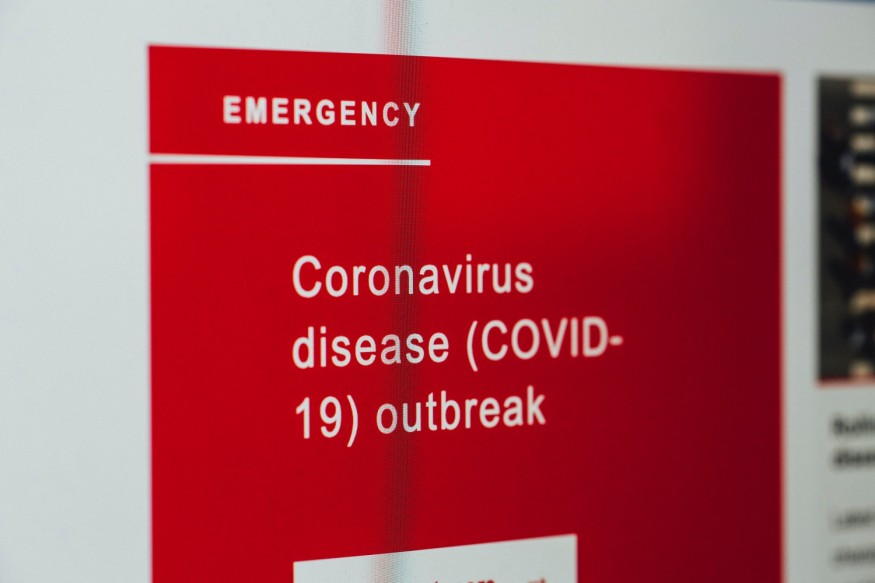
The coronavirus pandemic could have caused 40 million deaths this year had there been an absence of any preventive measures for the disease, according to a study done by Imperial College London.
The research assessed the potential scale of coronavirus pandemic across the globe. The study revealed if governments had not taken actions to avert the spread of COVID-19, the disease could have infected 7 billion people, and caused 40 million deaths in the region this year, leaving any health-care system unable to keep up. Social distancing reduced the rate of social contacts by 40 percent, while the reduction of contacts with the elderly by 60 percent could reduce this burden by around half. However, despite this level of reduction efforts, health systems in all countries would be strained.
Researchers studied numerous scenarios, such as what would have happened if the world had not reacted to COVID-19, a scenario that incorporated social distancing, and several scenarios that can have an impact in reducing the infection and death.
According to Dr. Patrick Walker, an author of the study, said that "the world faces an unprecedented acute public health emergency in the coming weeks and month." Countries will face a choice between intensive and costly measures to prevent transmissions or relying on health care systems that are already overwhelmed. According to their study, doing rapid, decisive and collective action now will save millions of lives in the next year.
The study further revealed that the rapid adoption of proven public health measures such as testing, isolation of cases, wider social distancing are critical in controlling the impact of the pandemic.
Averting the catastrophe
The study estimates that suppression strategies, which are dependent on a high level of testing, contract tracing, patient isolation, and social distancing could reduce global deaths to approximately 2-10 million.
Prompt action, when the number of death in population is relatively low is vital. The death rate can aide officials in understanding how widespread the disease is and determine when to warn residents to quarantine.
The modeling showed that putting up measures early on can make a dramatic impact. If all countries were to adopt this strategy at 0.2 death per 100,000 population per week, 95 percent of the deaths will be prevented, saving 38.7 million lives.
"Delays in implementing strategies to suppress transmission will lead to worse outcomes and fewer lives saved," the authors wrote in the report.
Consideration should also be given to the broader impact of all the measures implemented to ensure that those that are most vulnerable are given protection from the health, social and economic impacts of such measures, Professor Azra Ghani, report author from MRC GIDA explained.
The study also demonstrates the burden that low and middle-income countries may face. In this scenario, the study has shown that health systems will be over-stretched and the social and economic cost of suppression will be high. The work further highlights the need for swift and effective implementation of suppression measures to avert this catastrophe. Serious consideration must also be given in resource-poor settings.
© 2025 NatureWorldNews.com All rights reserved. Do not reproduce without permission.





